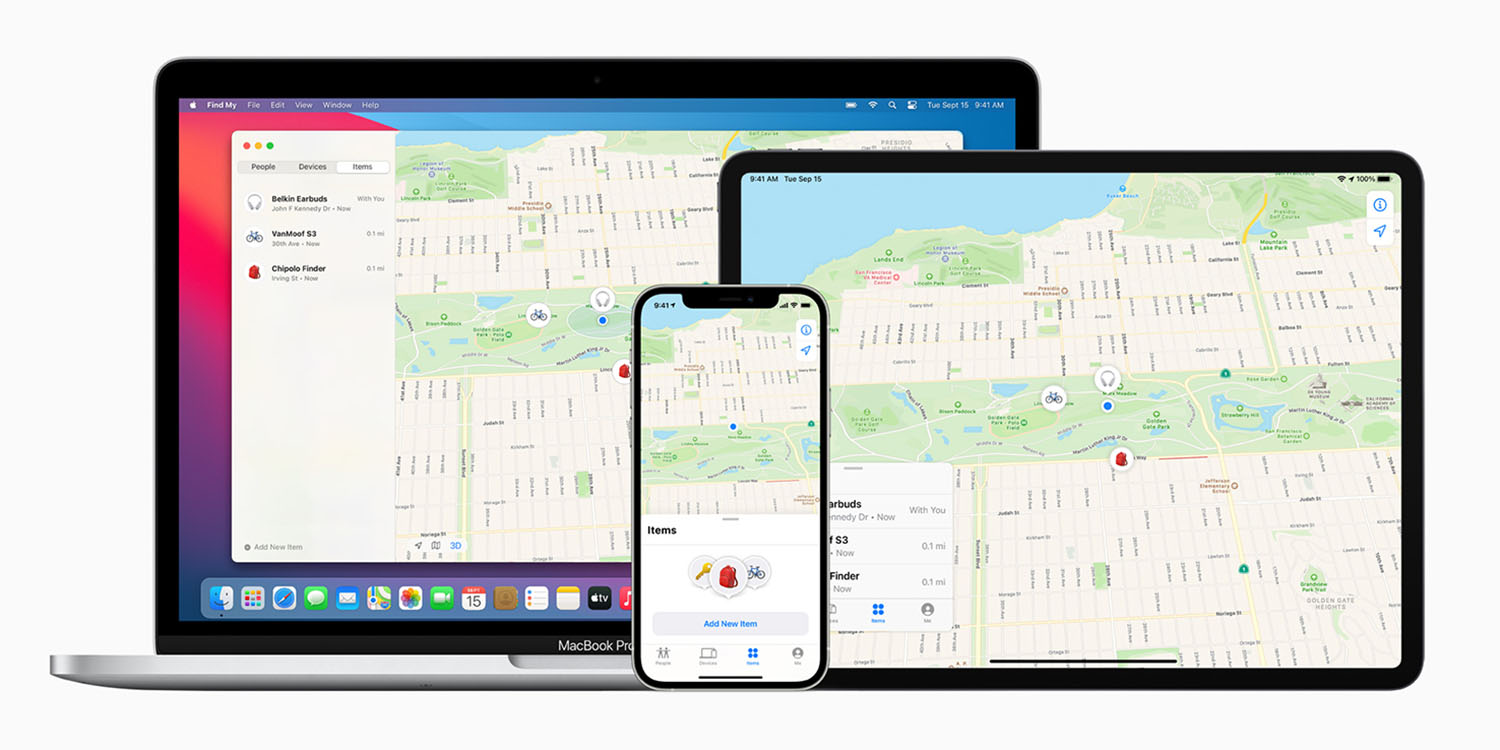
Tens of millions of teens actively want their parents to track their locations using tech like Apple’s Find My and third-party apps like Life360, says a new survey.
More broadly, the survey reports on Gen Z – representing those aged 11 to 26 – being more anxious than previous generations, and having a different mindset to location tracking …
The WSJ suggests this is due to a combination of anxiety and closer relationships between teens and their parents.
Teenagers have long balked at telling parents where they are. Now, they’re asking their parents to track them.
Every generation experiences its set of traumas, but social media and real-time news—with vivid images about the pandemic, war and other disasters—have heightened these anxieties among young people. And lots of them are closer to their parents than previous generations have been […]
[The Life360 app] has more than 33 million monthly active users in the U.S. and another 20 million internationally. Even more teens share their location using Apple’s Find My, Google’s Family Link, Snapchat’s Snap Map and GPS-equipped smartwatches.
A survey by Life360 found that behaviors do vary. Some Gen Zs leave location sharing enabled 24/7, while others activate it for specific situations, like driving, going on dates, and attending large events like concerts.
Eighty-seven percent of Gen Z respondents said they use the technology for long-distance driving, 80% when visiting new or dangerous places, 77% when going to an event, concert, or festival, and 78% when they are going to party or on a date. Unsurprisingly, 72% of Gen Z women believe their physical well-being benefits from location sharing.
Some 94% of Gen Z say that their life benefits from location sharing, likely due in part to them having grown up with it from an early age.
As the first true digitally native generation grew up sharing their location with their parents, Gen Z naturally became accustomed to the benefits it provided – convenience, safety, freedom – and they remain the generation most likely to share their location with a parent (56%).
But psychologist and author Dr. Michele Borba says that increased anxiety also plays a key role.
“The turbulence of Gen Z’s adolescence spawned a mental health crisis that was only amplified by the pandemic, social media, and the 24-hour news cycle,” said Borba. “During uncertain times, this generation has come to crave the added layer of security that location sharing provides. As the activist generation, naturally they’re taking proactive approaches like location sharing to ensuring the wellbeing of their peers.”
FTC: We use income earning auto affiliate links. More.





Comments